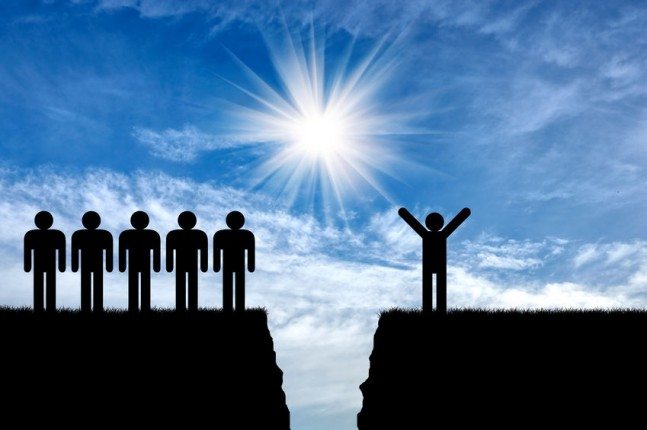Social status and immunity
Australia is not an especially stratified society but according to the Australian Institute for Health and Welfare there is a life expectancy gap of four years for males and two years for females between the highest and lowest socioeconomic groups. This is a mild disparity, though, compared to a country like the US where there is more than a decade difference in life expectancy between those at either end of the socioeconomic spectrum. There are lots of reasons — not the least of which is access to healthcare — why wealthier people live longer, but a new study suggests that part of the reason may be that a higher socioeconomic status also boosts your immunity.
For the study, researchers gathered 45 unrelated captive female macaques that had never met each other and put them together. They observed how the monkeys related to each other and for every interaction who was dominant and who was submissive. The monkeys formed a pecking order based on seniority with those introduced earlier ranking higher than those who came later.
Taking immune cells from the monkeys, the researchers measured the activity of 9000 genes and found that 1600 of them were expressed differently in the lower-ranking females, notably in cells called natural killer cells that are the first line against infection.
Then the researchers rearranged the monkeys into nine new social groups. Again, the females sorted themselves in order of arrival with the first females to join the new groups ranking higher than latecomers. This meant that females previously low on the ladder moved up the ladder and also vice versa. It emerged that the immune cells of previously low-ranking females became more like high-ranking females in terms of which genes were turned on and off.
The encouraging thing about all of that is that it means the effects of socioeconomic status aren’t permanent.
They say a rising tide lifts all boats and if we can raise the living standards of all people then the health of society in general (and that means lowered costs for the economists out there) will improve for everyone.
Source: Science








